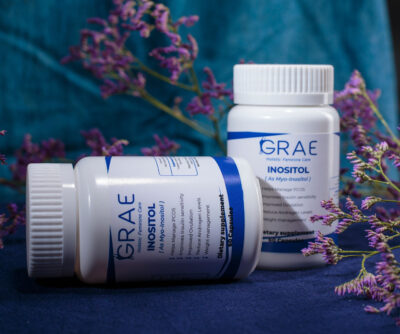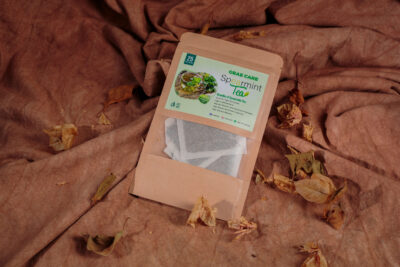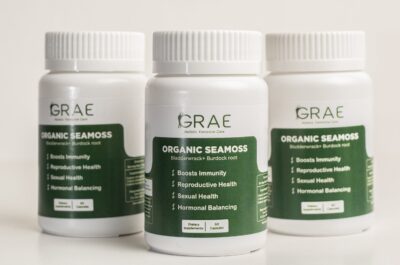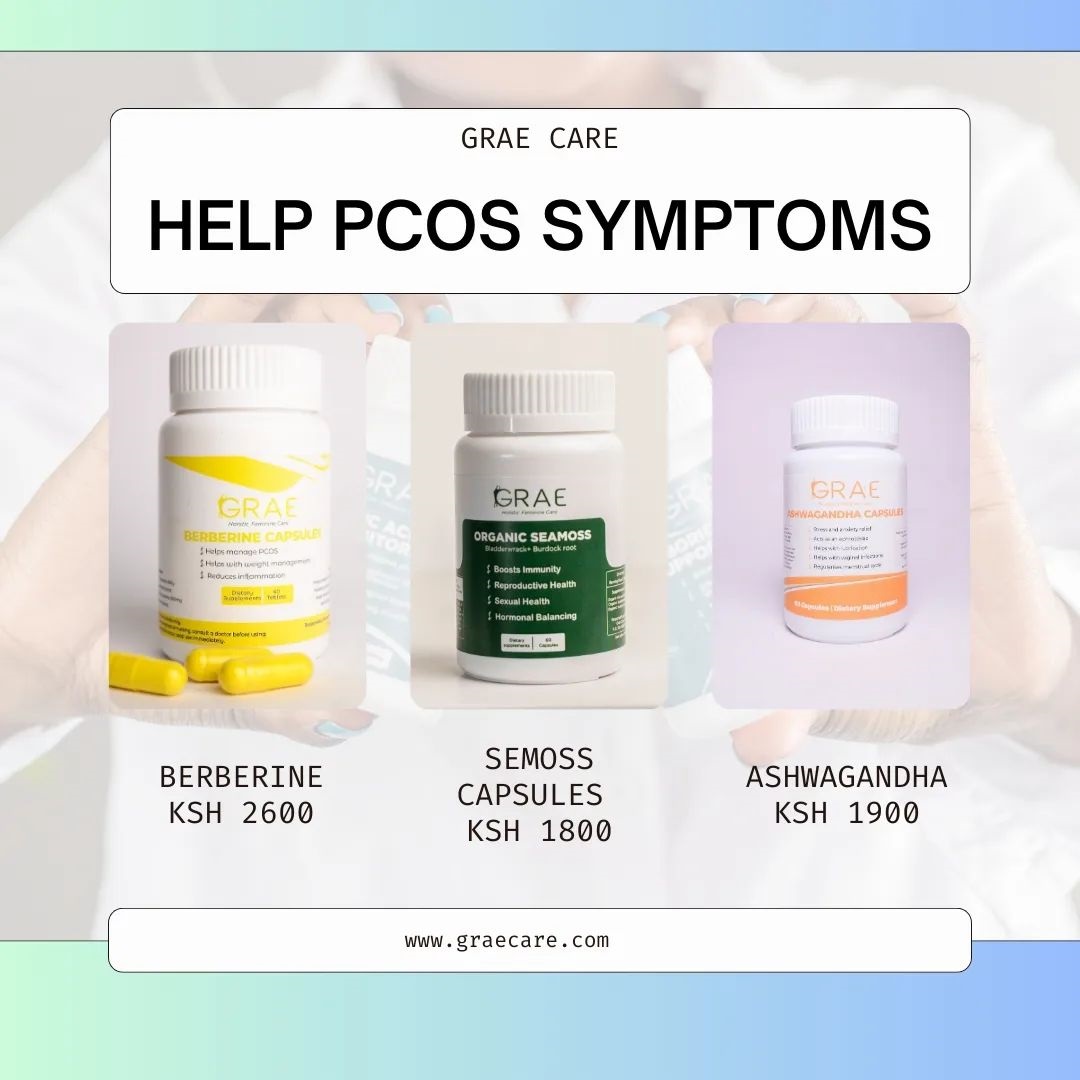Your cart is currently empty!
PCOS, or Polycystic Ovary Syndrome, is a hormonal disorder that affects people with ovaries, typically during their reproductive years. It is characterized by a combination of symptoms, including irregular menstrual cycles, excess androgen (male hormone) levels, and polycystic ovaries (ovaries with multiple small cysts).
The exact cause of PCOS is not fully understood, but it is believed to involve a combination of genetic and environmental factors.
Factors causing PCOS include
Insulin resistance
Insulin is a hormone produced by the pancreas that helps regulate blood sugar levels. Insulin resistance occurs when the body’s cells become resistant to the effects of insulin, leading to high levels of insulin in the blood. Insulin resistance is common in people with PCOS and is believed to play a central role in the condition. High insulin levels can stimulate the ovaries to produce more androgens, leading to symptoms such as acne, excess facial and body hair, and irregular menstrual cycles.
Hormonal imbalance
People with PCOS often have higher-than-normal levels of androgens, such as testosterone, which can interfere with ovulation and lead to irregular menstrual cycles and difficulty conceiving. Additionally, they may have lower-than-normal levels of follicle-stimulating hormone (FSH) and luteinizing hormone (LH), which are involved in the regulation of the menstrual cycle.
Genetics
There appears to be a genetic component to PCOS, as it tends to run in families. People with a family history of PCOS are at higher risk of developing the condition themselves.
Inflammation
Chronic low-grade inflammation may contribute to insulin resistance and hormonal imbalances in people with PCOS. Inflammation is believed to be both a cause and a consequence of insulin resistance.
Lifestyle factors
Certain lifestyle factors, such as obesity and sedentary behavior, may exacerbate insulin resistance and hormonal imbalances in people with PCOS. Losing weight, adopting a healthy diet, and engaging in regular exercise can help improve symptoms and reduce the risk of complications associated with PCOS.
Symptoms of PCOS
PCOS, or Polycystic Ovary Syndrome, can present with a variety of symptoms, and the severity and combination of symptoms can vary greatly among individuals. Some of the most common symptoms of PCOS include:
- Irregular Menstrual Cycles
- Excess hair growth on the face, chest or back
- Cane in the face, chest or back
- Male-pattern baldness
- Ovarian cysts
- Weight gain or difficulty in losing weight
- Insulin resistance or diabetes risk
- Darkening skin around the neck, underarms, groin or under the breasts
- Pelvic pain (in some cases)
5 supplements to help with pcos symptoms
Berberine

Berberine is a compound extracted from several different plants, including goldenseal, barberry, and Oregon grape. It has gained attention in recent years for its potential health benefits, including its effects on insulin sensitivity and glucose metabolism, which are relevant to PCOS (Polycystic Ovary Syndrome) management.
Here’s how berberine may help with PCOS:
- Improving Insulin Sensitivity
- Lowering Blood Sugar Levels
- Reducing Androgen Levels
- Regulating Menstrual Cycles
- Aid ovulation
- Aiding Weight Loss
Inositol

Inositol, particularly myo-inositol (MI) and D-chiro-inositol (DCI), has been studied for its potential benefits in managing Polycystic Ovary Syndrome (PCOS).
Here’s how inositol may help with PCOS:
- Improving Insulin Sensitivity
- Regulating Menstrual Cycles
- Reducing Androgen Levels
- Supporting Ovarian Function
- Helps with ovulation
- Aiding Weight Loss
Ashwagandha

Ashwagandha, an adaptogenic herb used in traditional Ayurvedic medicine, has gained attention for its potential benefits in managing various health conditions, including Polycystic Ovary Syndrome (PCOS).
Here is how ashwagandha helps with PCOS
- Stress Reduction
- Hormonal Balancing
- Improving Insulin Sensitivity
- Anti-inflammatory Effects
- Supporting Fertility
Spearmint tea

Spearmint tea has gained attention for its potential benefits in managing certain symptoms of Polycystic Ovary Syndrome (PCOS), particularly those related to hormonal imbalances and excess androgen levels.
Here are some ways in which spearmint tea may help with PCOS:
- Reducing Androgen Levels
- Improving Hormonal Balance
- Alleviating Menstrual Irregularities
- Managing Hirsutism- Excess hair growth
- Antioxidant and Anti-inflammatory Effects
Seamoss

Seamoss, also known as Irish moss or carrageenan moss, is a type of seaweed that is rich in vitamins, minerals, and other nutrients. While specific research on the effects of seamoss on Polycystic Ovary Syndrome (PCOS) is limited, it may offer several potential benefits that could support PCOS management:
- Rich in nutrients the body needs
- Thyroid function
- Blood Sugar Regulation
- Anti-inflammatory Properties
- Supporting Gut Health
- Reduces bloating and constipation


